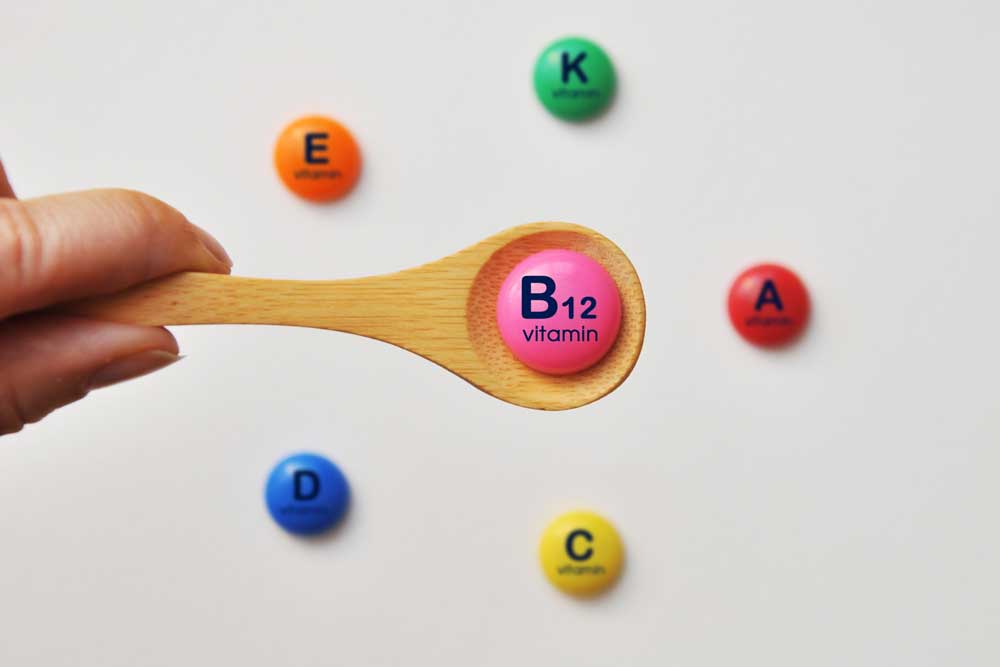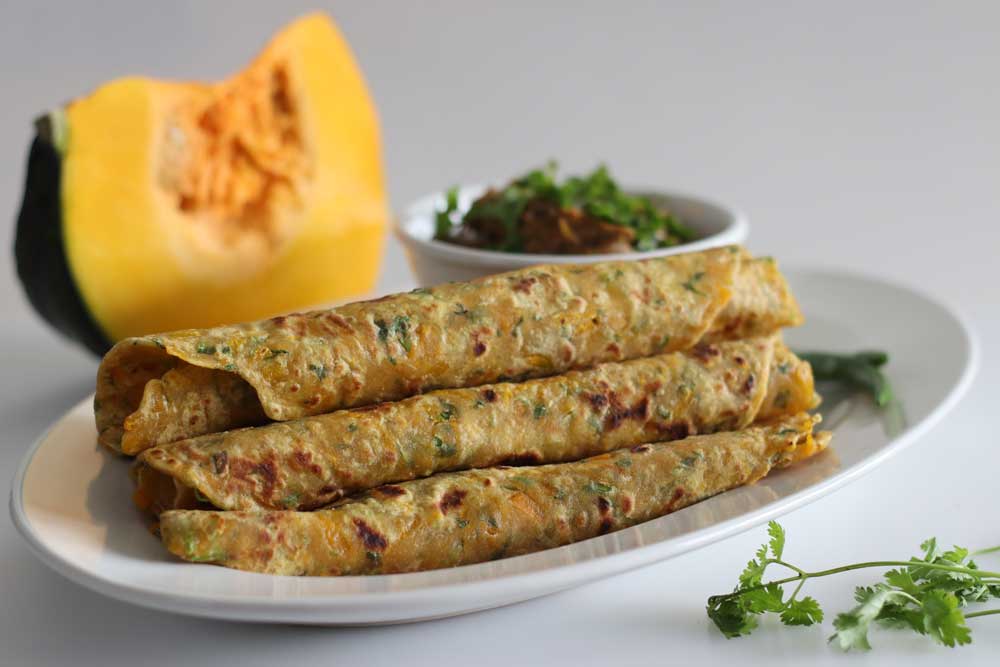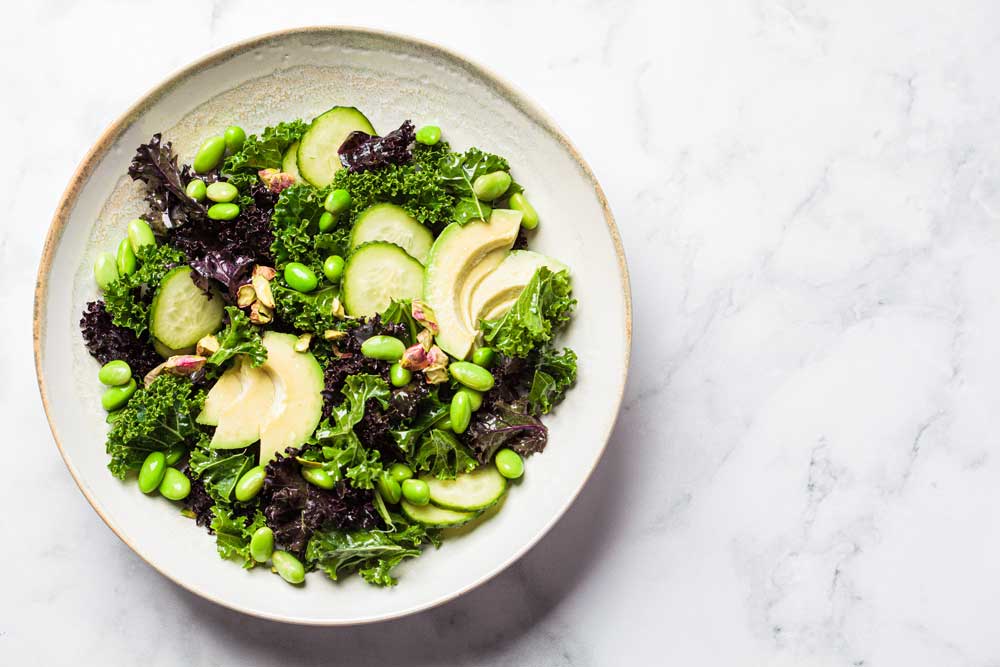Vegetarian diets have always been popular in India, for cultural as well as health reasons. There are numerous advantages to adopting a plant-based diet. It can lower the risk of diabetes, heart disease, and several types of cancer. However, some vegetarian diets could place an excessive amount of emphasis on processed foods that are high in calories, fat, sugar, and salt. This needn’t deter you. People of all ages, as well as those who are pregnant or nursing, can have their nutritional needs met by a vegetarian diet with careful preparation. Understanding your dietary requirements is essential to creating a diet that satisfies you.

The foods that are included and excluded in vegetarian diets vary:
Lacto-vegetarian diet: It excludes meat, fish, poultry, and eggs, as well as items containing them. Dairy items such as milk, cheese, yoghurt, and butter are included.
Ovo-vegetarian diet: It is inclusive of eggs but excludes meat, poultry, shellfish, and dairy products.
Lacto-ovo vegetarian diet: Dairy products and eggs are included in lacto-ovo vegetarian diets, while meat, fish, and poultry are not.
Pescatarian diets include fish but forgo dairy, eggs, meat and poultry.
Vegan diets exclude meat, poultry, fish, eggs, and dairy products, as well as items containing them. They are entirely plant-based.
Flexitarian: Some people predominantly eat plant-based foods, yet occasionally or in limited amounts they still consume dairy, meat, eggs, poultry, and fish. This diet is sometimes referred to as flexitarian.

Planning A Nutritious Vegetarian Diet
Choose a range of nutritious plant-based meals to maximise the benefits of a vegetarian diet. This can consist of whole grains, fruits, and vegetables. Nuts and legumes, including peanuts, beans, and lentils, are also regarded as nutritious plant-based foods. Reduce your intake of less healthful options at the same time. These consist of fruit juices, refined cereals, and beverages with added sugar. You can design a vegetarian diet that works for you with the assistance of a registered dietitian.
Remember that the more foods you exclude from your diet, the more difficult it is to get all the nutrients you require. For instance, a vegan diet excludes milk products, which are rich sources of calcium, and natural food supplies of vitamin B-12.
Vitamin D And Calcium
Calcium aids in the development and maintenance of healthy bones and teeth. Calcium content is higher in milk and dairy products. If you consume enough green veggies, they are a good source of plant calcium. Kale, broccoli, turnip, and collard greens are a few examples. Fortified and calcium-enriched food are other choices. Some cereals, juices, tofu, soy milk, and soy yoghurt include calcium.
Bone health is another key function of vitamin D. Cow’s milk, some soy and rice milk brands, and certain cereals and margarines are supplemented with vitamin D. Pay attention to food labels. People who don’t get enough sun exposure and don’t eat enough fortified foods might want to discuss vitamin D supplementation with their doctor.

B-12 Vitamin
Red blood cell production and the prevention of anaemia depend on vitamin B-12. A condition known as anaemia occurs when the body lacks enough healthy red blood cells to supply oxygen to every region of the body. It can be challenging to obtain adequate vitamin B-12 on a vegan diet because it is almost entirely found in animal sources. Vegans may not be aware that they are deficient in vitamin B-12. This is because a vitamin called folate, which is abundant in vegan diets, can conceal vitamin B-12 insufficiency. To combat this, vegans should think about vitamin supplements, vitamin-enriched cereals, and fortified soy products.

Protein
Protein keeps muscles, organs, bones, and skin healthy. Dairy products and eggs are excellent sources of protein, and you don’t have to consume a lot to get what you need. Enough protein can also be obtained by consuming a range of plant-based foods throughout the day. Legumes, lentils, nuts, seeds, whole grains, and soy products and meat alternatives are examples of plant sources.
Omega-3
Fish, canola oil, soy oil, walnuts, milled flaxseed, and soybeans are all good sources of omega-3 fatty acids. Fish-free vegetarian diets may be deficient in DHA and EPA, two forms of omega-3 fatty acids. Consuming omega-3 fatty acids EPA and DHA may reduce the risk of heart disease, according to some research. Additionally, in pregnant women, foetal development may benefit from these two omega-3 fatty acids. There is conflicting research on EPA and DHA’s additional health impacts. For vegetarians who avoid eating fish or other foods high in omega-3 fatty acids, fortified goods could be a good addition to their diet.

Zinc And Iron
An essential component of red blood cells is iron. Iron can be found in whole-grain products, enriched cereals, dried beans and peas, lentils, dark leafy green vegetables, and dried fruit. However, iron from plant sources is not as readily absorbed by the body as it is from animal sources. Consequently, vegans should consume nearly twice as much iron as non-vegetarians. Consume vitamin C-rich foods concurrently with iron-containing foods to aid in your body’s absorption of iron from plants. Broccoli, tomatoes, citrus fruits, peppers, and strawberries are foods high in vitamin C.
Similar to iron, zinc is more difficult to absorb from plant sources than from animal sources. Pescatarians can obtain zinc from fish, such as crab and prawns. If you consume dairy products, you can get zinc from cheese and yoghurt. Whole grains, soy products, lentils, beans, almonds, and wheat germ are examples of plant sources. Zinc aids in cell growth and protein synthesis, and has been shown to especially help the immune system and vision.
Iodine
Iodine is used in the production of thyroid hormones. Thyroid hormones are crucial for muscle growth and aid in regulating the body's metabolism. Iodised salt makes it simple to add iodine to cuisine. Iodine can also be found in dairy and seafood. If they don't use iodised salt, people who avoid dairy and shellfish may be at risk for iodine deficiency. A lack of iodine can cause the thyroid to enlarge in an attempt to supply the body with thyroid hormones. It is known as goitre when it affects the thyroid. A vegetarian source of nutritional iodine is seaweed.